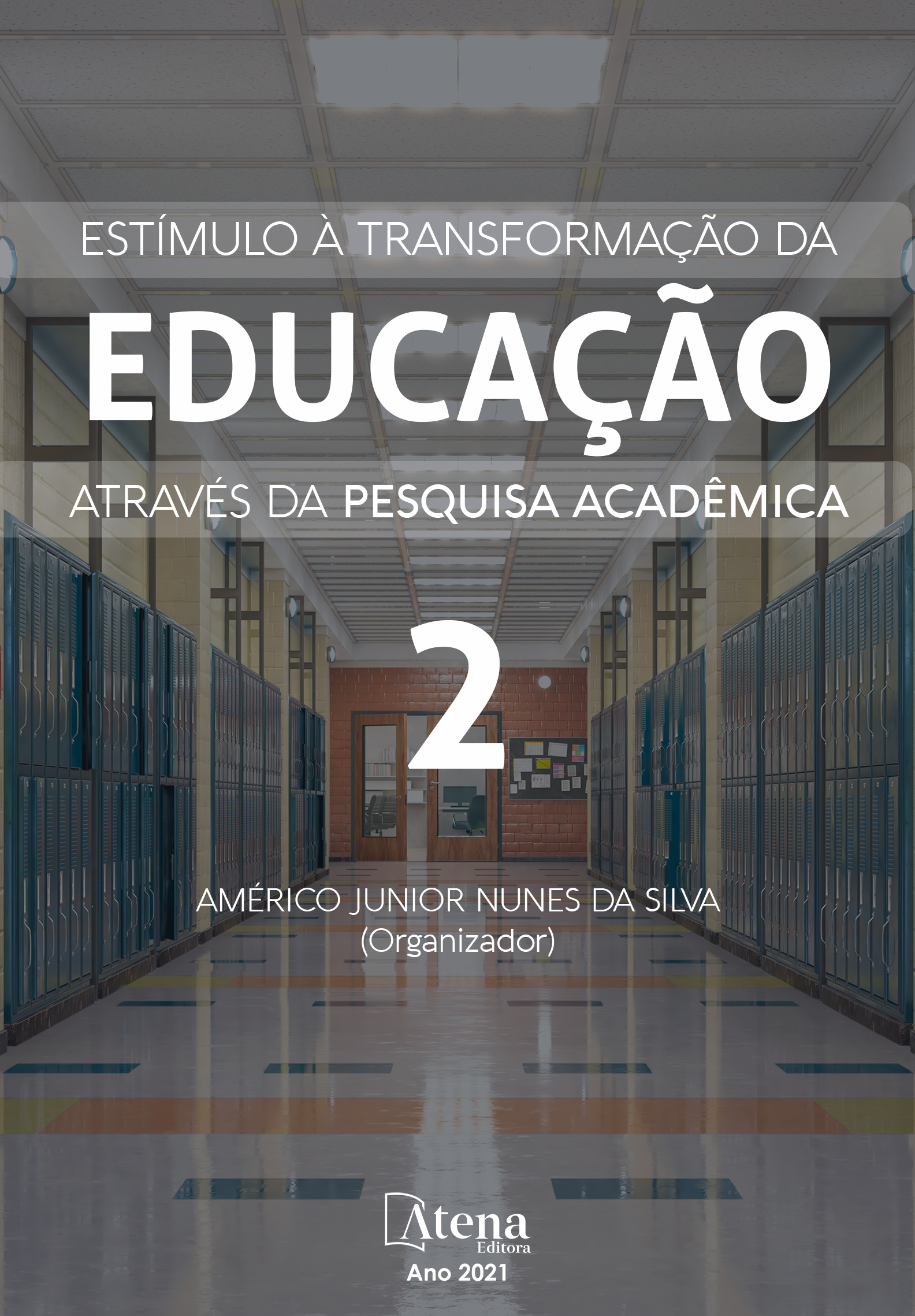
ANÁLISE DAS NECESSIDADES EDUCACIONAIS ESPECIAIS DURANTE A ESCOLARIZAÇÃO: AÇÕES PARA APOIAR A INCLUSÃO NA EDUCAÇÃO INFANTIL
Este estudo analisou o perfil histórico e atual da inclusão de crianças com necessidades educacionais especiais (NEE) em uma creche e pré-escola e a sua atual demanda frente ao tema. Método: Abordagem quantitativa, exploratória, analítica e transversal. A coleta de dados consistiu em um levantamento das informações descritivas acerca do acesso das crianças com NEE na instituição e a avaliação da inclusão atual na perspectiva dos profissionais, por meio de um questionário virtual. Resultados: No ano de 2019 a instituição teve 65 crianças matriculadas, com idade entre 1 a 6 anos. Dentre as 65 crianças, 30,76% (20 crianças) apresentam alguma NEE. O quadro mais prevalente foi de transtorno do espectro autista (TEA) e os principais desafios para a educação inclusiva, apontados pelos participantes, foi a necessidade de profissionais de apoio e de educação permanente. Este estudo mostrou uma alta taxa de crianças com NEE matriculadas na instituição, adicionalmente apontou os desafios dos profissionais ao realizarem, na prática, a inclusão escolar. Constatou a demanda de formação e de auxílio de profissionais de apoio nas salas de aula com crianças com NEE. Esses apontamentos podem auxiliar no planejamento e prática da inclusão escolar por meio da educação inclusiva, que vai ao encontro da Lei Brasileira de Inclusão de 2015.
ANÁLISE DAS NECESSIDADES EDUCACIONAIS ESPECIAIS DURANTE A ESCOLARIZAÇÃO: AÇÕES PARA APOIAR A INCLUSÃO NA EDUCAÇÃO INFANTIL
-
DOI: 10.22533/at.ed.6212101105
-
Palavras-chave: Inclusão Educacional, Educação Infantil; Necessidades educacionais
-
Keywords: Educational Inclusion, Early Childhood Education; Educational needs
-
Abstract:
This study analyzed the historical and current profile of the inclusion of children with special educational needs (SEN) in a day care center and preschool and their current demand on the subject. Method: Quantitative, exploratory, analytical and transversal approach. Data collection consisted of a survey of descriptive information about the access of children with SEN in the institution and the assessment of current inclusion from the perspective of professionals, through a virtual questionnaire. Results: In 2019, the institution had 65 children enrolled, aged between 1 and 6 years. Among the 65 children, 30.76% (20 children) have some SEN. The most prevalent picture was autism spectrum disorder (ASD) and the main challenges for inclusive education, pointed out by the participants, was the need for support professionals and continuing education. This study showed a high rate of children with SEN enrolled in the institution, additionally pointed out the challenges faced by professionals when performing, in practice, school inclusion. It found the demand for training and assistance from support professionals in classrooms with children with SEN. These notes can help in the planning and practice of school inclusion through inclusive education, which is in line with the 2015 Brazilian Inclusion Law.
-
Número de páginas: 15
- Prof. Dr. Fabiana Faleiros
- Marlene Felomena Mariano do Amaral
- Eduarda Mendes Frigel
- Andréia Cangemi
- Adriana Cordeiro Leandro da Silva Grillo
- Karl Christoph Kappler
- Karina de Fátima Bimbatti


